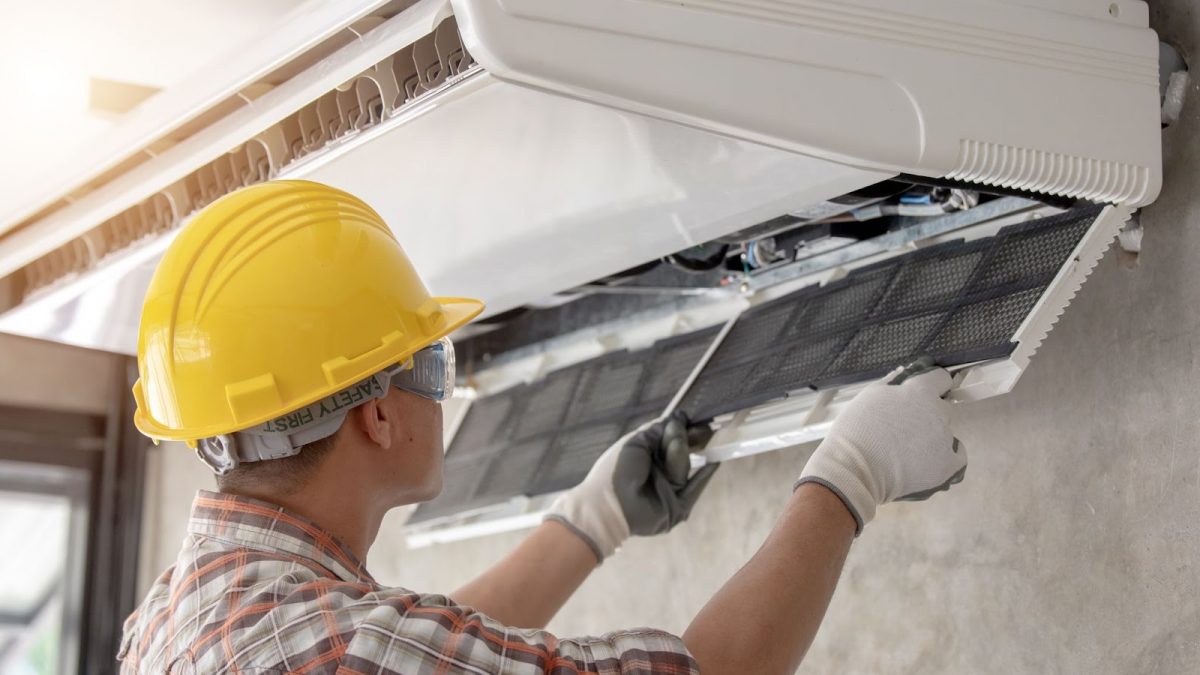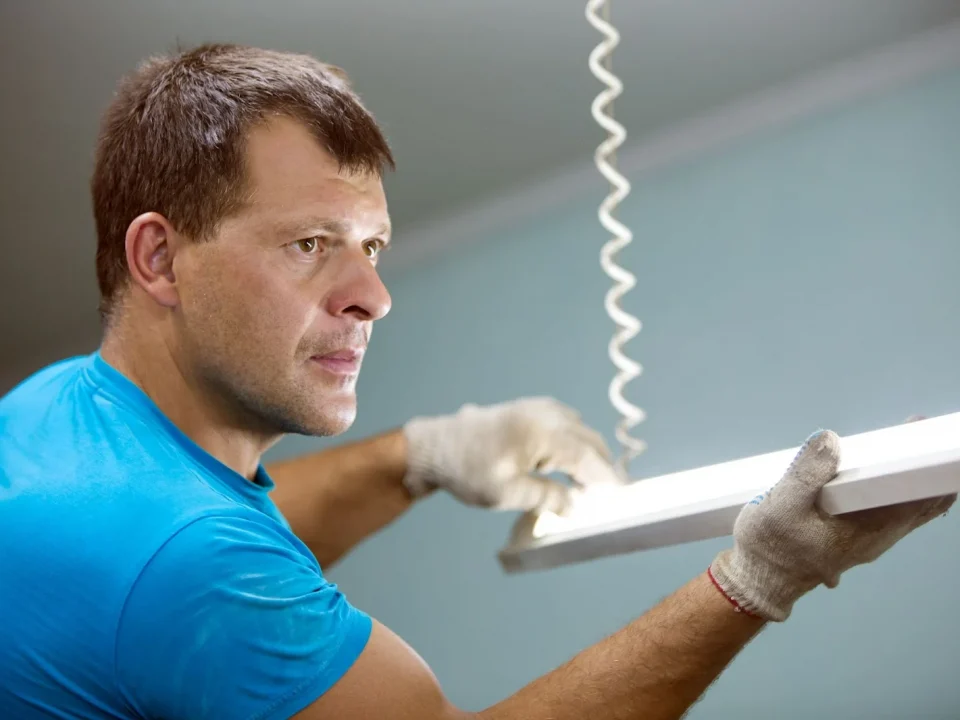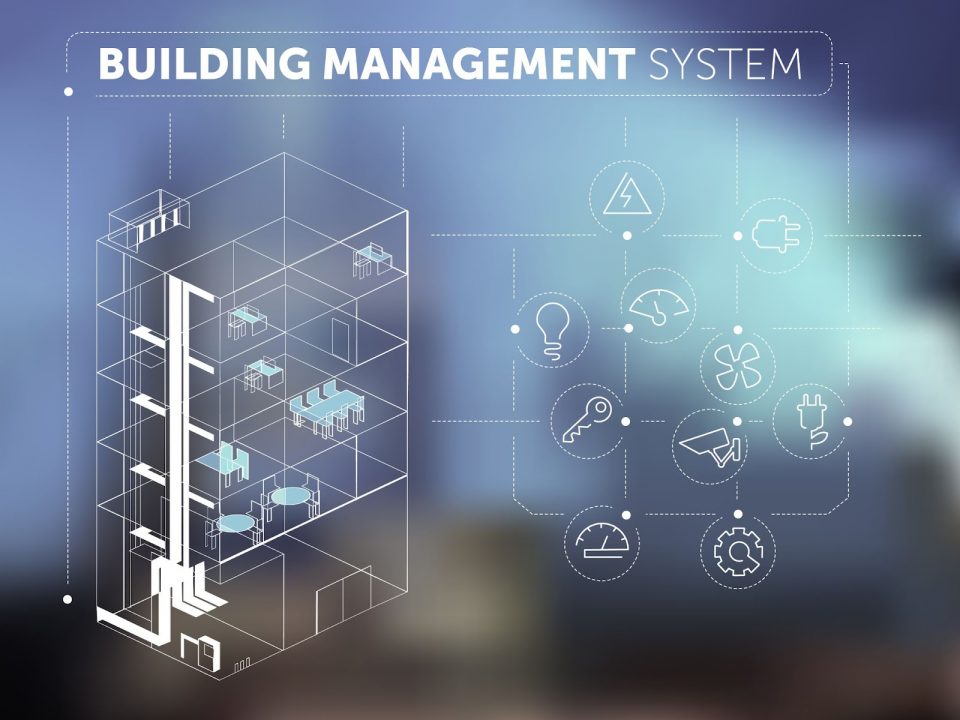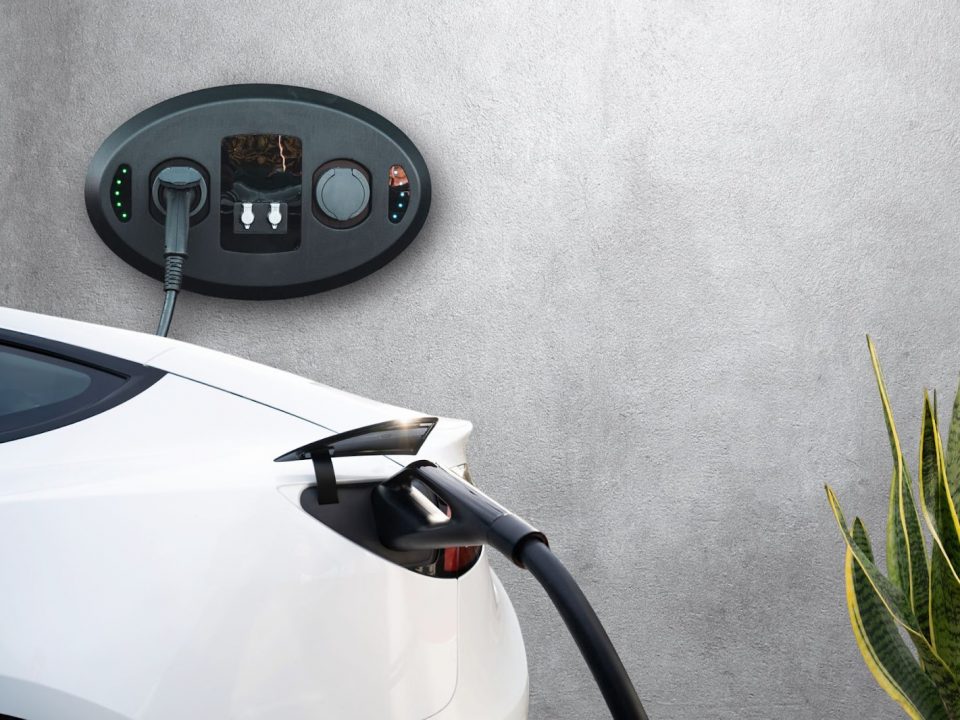From Winter Heating to Summer Cooling: What You Need to Prep for as Seasons Change


As the seasons change, so does the amount of power needed to heat, cool and light homes. To get a head start on seasonal changes in electricity demand, utilities are turning to advanced metering infrastructure and innovative grid technology to help save money and energy.
Read on to discover the importance of preparing your HVAC (Heating, Ventilation, and Air Conditioning) for summer in advance and tips on how to get your cooling systems ready for the hot weather.
Importance of Preparing Your HVAC for Summer
Homeowners’ expenditure on energy and utilities can vary considerably from one season to another. As summer approaches, it’s vital to prepare your cooling systems so that you can be more efficient and thus reduce costs and carbon emissions.
Preparing your HVAC for summer and performing maintenance checks will ensure that your system performs at its best throughout the summer months. This also ensures your HVAC system is maintained, lubricated and cleaned thoroughly, an important step following the winter season. Moreover, this minimises the possibility of breakdowns, which is not something you would want to encounter at such a hot time of year.
With a properly maintained and well-prepared HVAC system, you’re guaranteed cool comfort all summer long.
How to Prepare for Summer: HVAC Tips and Tricks
With the end of winter comes the rise in temperatures. Eventually, the temperatures will rise enough that you’ll start thinking about switching on your Air Conditioning (AC). Because your AC has been inactive for quite a while and has probably been gathering dust over the winter, there are a few things you’ll need to check out first in preparation for summer.
Get your HVAC ready for summer by following the tips listed below.
Make sure the area around the outdoor unit is clean
It would be best to keep the outdoor areas near the air conditioner tidy and debris-free. Airflow can be blocked by debris, making the unit inefficient. Furthermore, dust on the coils of the evaporator and condenser prevents the transfer of heat.
So please make sure there are no branches, leaves, shrubs, trash or other obstructions near it. It’s best to leave about two to three feet of clear space around your air conditioner. By doing so, it’s less likely that debris will enter the unit and create issues. You can remove dirt and debris using a garden hose and toothbrush on the coils, fan and outside the unit. When you maintain your unit correctly, you also avoid costly repairs.
Keep vents clean and free of obstructions
Avoid blocking any vents in your home with heavy furniture to maximise your AC’s performance. If you place heavy furniture in front of a vent, it may inhibit airflow. Obstructed vents can put stress on your AC, compromising the unit’s performance and posing a fire hazard. Having dirty vents is also a common problem. So check for visible debris, such as dust, dirt, cobwebs and pet hair, that could block your vents.
Inspect air ducts for leaks
The ductwork of your HVAC system will collect debris with time. When there’s too much debris and dust in the ducts, it will result in reduced airflow. Aside from duct debris, it would be best if you also inspected the ducts for leaks. Duct leaks can significantly reduce the efficiency of your system. As a result, you will consume more energy and pay more for your utilities. It may also cause mould growth, pest infestation and health issues. To inspect the ductwork, you should check for loose joints or sleeves and possibly any holes. You can either seal these or have a professional handle them.
Inspect refrigerant levels
A refrigerant is a substance used in AC units. It absorbs and releases heat and is then cooled down before producing cool air. The coils in your HVAC system through which the refrigerant moves may leak or develop holes eventually, resulting in a malfunctioning unit.
Another issue you should monitor is low refrigerant levels, resulting in equipment not cooling effectively. This means your HVAC has to work harder for it to maintain the desired cooling temperature, resulting in higher expenses and wear and tear.
If anything appears out of the ordinary when you inspect your HVAC’s refrigerant lines, have a professional assess the situation. Since refrigerant is a toxic substance, it’s crucial to have an expert check its levels and detect leaks.
Conduct wiring checks
Wiring checks are an essential part of your HVAC preparation checklist for summer. These help ensure that the electrical aspect of your system is operating properly. To check the wiring, first, turn off the system. Look inside the access panel, and look for any wires that appear to be burned or have blackened. Wires can degrade if exposed to the elements. So if you notice any scorched wiring, you should have it replaced by professional electricians in Swindon.
Replace your HVAC filters
In preparation for the summer, you ought to check the air filters in your HVAC system. If they’re filthy and dusty, have them cleaned or replaced. If you don’t change the filters, airflow will be restricted, causing the HVAC system to work less efficiently. A clogged filter might also cause an indoor build-up of allergens, causing discomfort for you and your family. When replacing your filter, think about upgrading to one that captures more airborne pollutants and allergens.
Schedule HVAC maintenance
A failing HVAC system is something you do not want to happen during the summer. We all know how stressful that can be, particularly when you just want to beat the scorching heat and enjoy a relaxed, hassle-free summer. To achieve the best cooling performance, a professional tune-up is recommended.
Consider investing in a new HVAC system
If you’re planning to replace your HVAC system, spring is the ideal time to do it. Installing a new, more energy-efficient system can save you more money because your system will consume less energy in the long run. Aside from reduced monthly expenses, you’ll also likely see an overall reduction in breakdowns.
Prepare Your HVAC for Summer
Get reliable HVAC assistance now before summer arrives. Edmont M&E is an expert provider of HVAC installation and maintenance services. We also provide boiler services in Swindon, such as boiler repair or installation. Get in touch with our team today.


